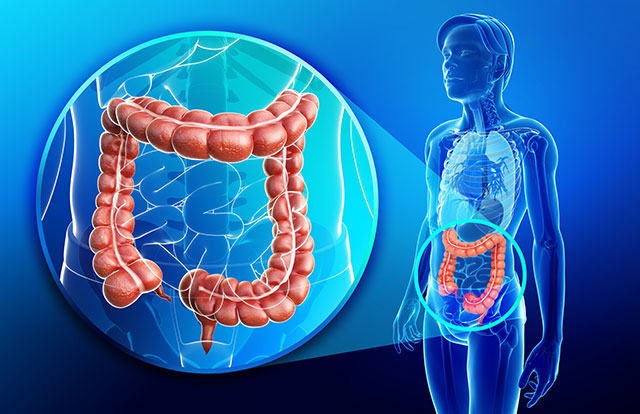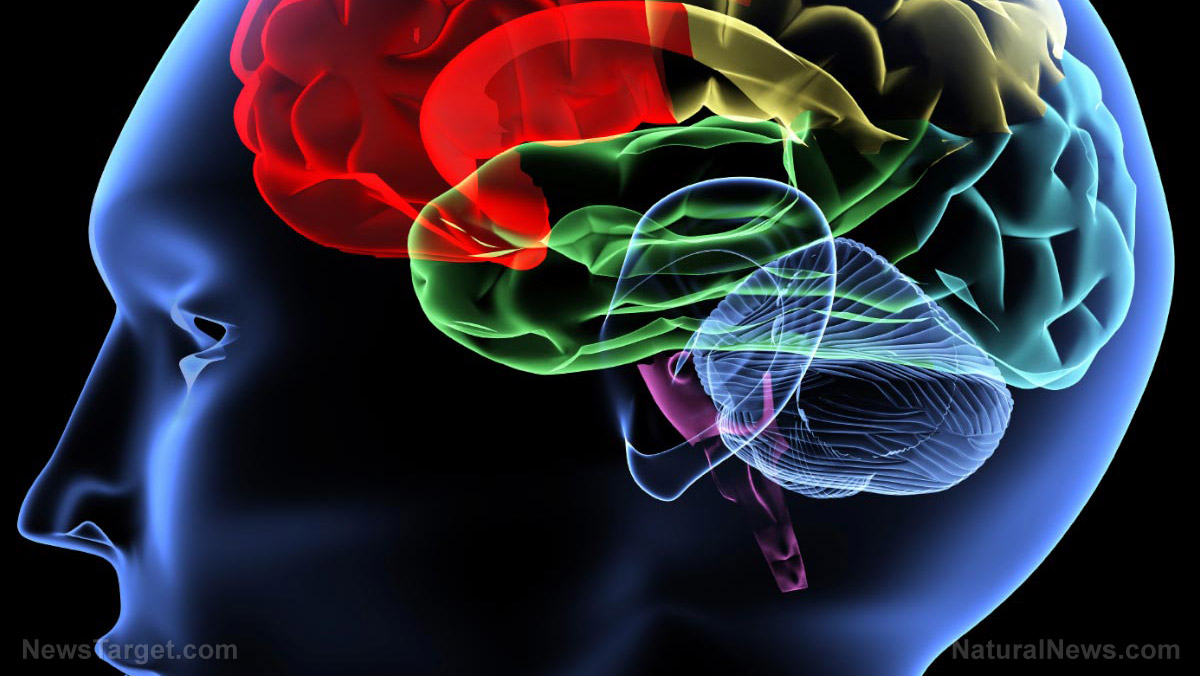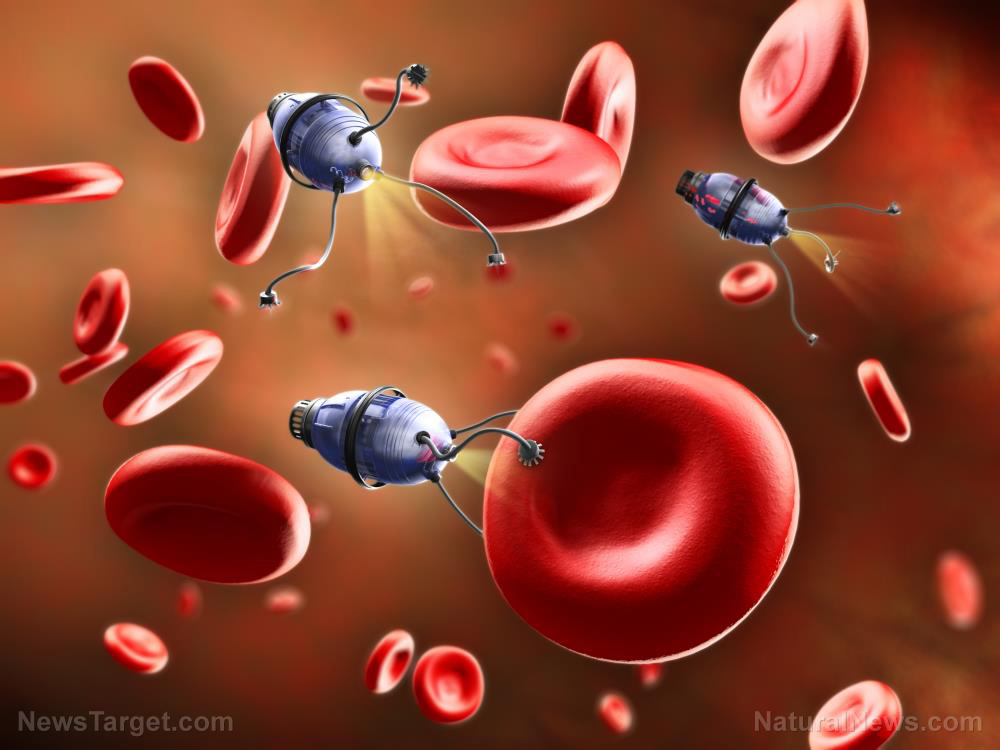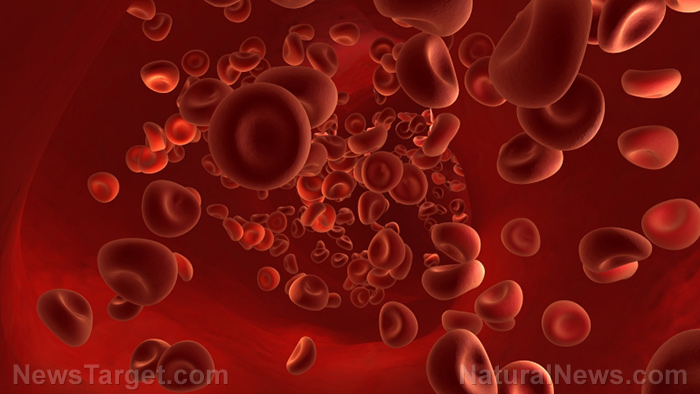Where does Parkinson’s begin? Study claims it starts in the gut
07/15/2020 / By Virgilio Marin

A study published in the journal Acta Neurologica found that the gut may be the starting point of Parkinson’s disease. According to researchers from Aarhus University in Denmark, disease-causing proteins called alpha-synuclein travel up to the brain from the gut. Eventually, they make their way to the heart, as well.
The findings of the study represent a significant step toward detecting and managing the disease as early as twenty years before its actual onset.
“We probably cannot develop effective medical treatment that halts the disease without knowing where it starts and how it spreads – so this is an important step in our research,” said Per Borghammer, one of the authors of the study.
Parkinson’s-related protein spreads from the gut
In Parkinson’s disease, alpha-synuclein proteins misfold and accumulate in toxic clumps. These clumps damage the cellular components of neurons which can lead to the disease.
In 2003, Heiko Braak and his colleagues at the Goethe University Frankfurt in Germany showed that in Parkinson’s patients, parts of the central nervous system that regulate gut function have an abnormal aggregation of alpha-synuclein. Braak hypothesized that the proteins may have traveled up through the nerves that connect the gut to the brain.
In the Aarhus study, the researchers tested Braak’s hypothesis by using rats that had been genetically modified to be manifest Parkinson’s-like symptoms. They then injected these rats with alpha-synuclein proteins in the small intestine.
The researchers noted that everything happened in a very predictable manner. The proteins climbed up to the brain through the peripheral nerves after two months. After four months, the magnitude of the pathology got greater.
In addition, they also noticed that the structures known to be affected by Parkinson’s in humans were also affected in the rats.
Prior to this study, researchers from Johns Hopkins Medicine also tested Braak’s hypothesis and found similar results. They discovered that alpha-synuclein proteins highjack the vagus nerve that connects the brain to the gut.
The Aarhus study, however, also found that the proteins can reach the heart. The proteins seem to take a bidirectional route: They travel from the gut to the brain, and from the brain, they can travel to the heart.
“For many years, we have known that Parkinson patients have extensive damage to the nervous system of the heart and that the damage occurs early on. We’ve just never been able to understand why. The present study shows that the heart is damaged very fast, even though the pathology started in the intestine,” said Borghammer.
New frontiers in Parkinson’s research
The researchers are hopeful that the results of their study could open up potential ways to detect Parkinson’s early and consequently slow its progression. At present, the disease is only detected after a person’s brain has suffered from extensive neuronal damage. There are also no reliable treatments for Parkinson’s. (Related: Is the cure for Parkinson’s just a supplement away? Researchers say vitamin B12 can inhibit a key Parkinson’s enzyme.)
Early detection of the disease is key to dealing with Parkinson’s, and the findings of the Aarhus study suggest that this is not an impossibility. The team points out that it is possible to detect pathologic alpha-synuclein in the gut as early as 20 years before clinical diagnosis.
However, despite the growing evidence of the gut’s role in the development of Parkinson’s, research involving humans is needed to verify findings, as studies, thus far, have only been conducted on rodents. Moreover, more research needs to be done to ascertain whether the alpha-synuclein aggregates found in the gut are biochemically similar to those found in the brain.
For the latest on Parkinson’s research, visit Brain.news.
Sources include:
Tagged Under: alpha-synuclein, brain function, brain health, breakthrough, discoveries, enteric nervous system, gut health, heart health, nervous system, Parkinson's Disease, research
RECENT NEWS & ARTICLES
COPYRIGHT © 2018 BREAKTHROUGH.NEWS
All content posted on this site is protected under Free Speech. Breakthrough.news is not responsible for content written by contributing authors. The information on this site is provided for educational and entertainment purposes only. It is not intended as a substitute for professional advice of any kind. Breakthrough.news assumes no responsibility for the use or misuse of this material. All trademarks, registered trademarks and service marks mentioned on this site are the property of their respective owners.




















